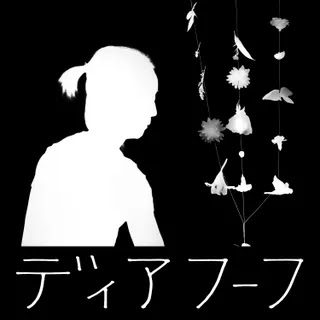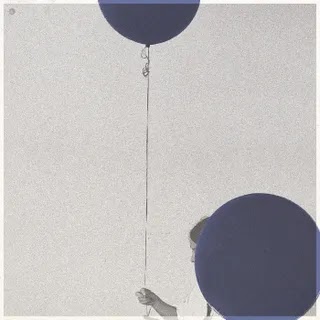The New York-based composer’s newest project with the Attacca Quartet highlights the significance of language while exploring the narrative potential of contemporary classical music.
Caroline Shaw has demonstrated time and again that her Pulitzer Prize-winning Partita for 8 Voices was no fluke. In the nine years since the achievement, Shaw has continued to prove her compositional prowess, creating imaginative works for solo instruments, orchestra, percussion, and various chamber arrangements. In 2019, the New York-based composer teamed up with the Attacca Quartet for their first collaborative record, the wild and wide-reaching Orange. Their second project together, Evergreen, expands this partnership by exploring the relationship that contemporary classical music has with language, narrative, and nature.
Evergreen unfolds in distinct parts. It begins with Shaw’s composition “Three Essays,” a 2018 work inspired by language, in particular the lilting prose style of novelist Marilynne Robinson. Each “Essay” has its own unique topography defined by varying string techniques, deliberate pacing, and vibrant dynamics brought to life by the Attacca Quartet’s interpretation. Highlight “Second Essay: Echo” begins with the gritty crunching of the bow against strings, as if bark is slowly breaking underneath heavy footsteps. Shared breath is audible from the musicians, each sniff or light gasp signaling the quartet’s performance as a singular, unified force. The capricious “Third Essay: Ruby” foregrounds puckish pizzicato and longing Romantic lines that give way to explosive non-resolutions. Shaw makes strategic use of pizzicato throughout Evergreen, employing the articulation to build suspense like many composers before her (Johannes Brahms, for example, notably did this in the third movement of his piano quintet).
While “Three Essays” directly references language and the written word, Evergreen also highlights the physical voice. Shaw sings throughout the record; its closing piece, for example, is a 5/4 vocal setting of the French poem “Cant voi l’aube.” Her vocal standout is the angelic “And So,” a reimagining of the immortal Shakespearean “What’s in a name?” monologue from Romeo and Juliet. Originally composed for the Philharmonia Baroque Orchestra & Chorale, “And So” feels more personal and intimate on Evergreen, given the smaller size of the ensemble. Above the quartet’s tentative and smoky strokes, Shaw wonders: “Would a song by any other name sound as sweet and true?” The contour of the composition follows each question she poses; her voice rises in volume and pitch with the line, “If you were gone/Would I still know [...] how to grow?” And when Shaw asks “Would scansion cease to mark the beats if I went away?” the strings pulse methodically, as if marking stresses above each word of a handwritten poem; when she mentions the word “time,” pizzicato plucks mirror a ticking clock. This tone painting also occurs in “Other Song,” a modest, reflective reinterpretation of a track from Shaw’s 2021 album Let the Soil Play Its Simple Part, with Sō Percussion. Here, her voice slides upward on the word “higher,” glazing through several notes to eventually land on its target, an effect the strings first explored in “First Essay: Nimrod.”
The focal point of the record, “The Evergreen,” encompasses the imagery central to each of its four movements. Take the first, “Moss.” Moss is a plant that lies on the exterior of other natural structures; its tendrils exist without roots and only become solid when they are compressed together. Shaw’s composition parallels this property: The strings’ fluttering harmonics float above the head throughout; they rarely dip below the surface to a wider, more settled sound, and when they do it is only transitory. By contrast, the last movement, “Root,” feels immediately grounded, opening with the lowest instrument in the quartet, the cello, digging itself into the ground with a rocking, anchored melody. Shaw begins Evergreen by establishing a connection between contemporary classical music and narrative style; by the end, she has shown that in the right hands, music can be just as descriptive as literature.
















0 comments:
Post a Comment